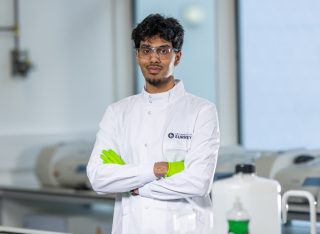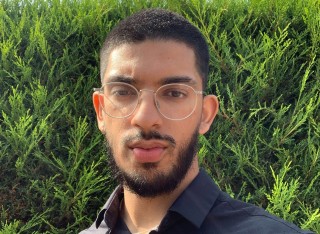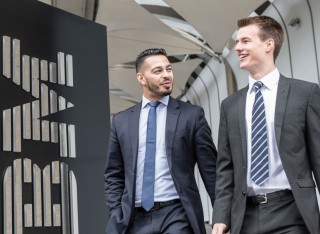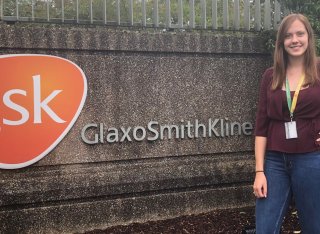
What our students say
Experience Professional Training placements first-hand from our current students and alumni.
Experience a placement
Hear from our students
Real opportunities built in
Watch our placement students talk about their experiences.
Stay connected
Latest blog posts
28.07.25
Five skills I am developing on placement
Hi, my names Lauryn, a mechanical engineering student. Now I am 8 months into my engineering placement...
27.05.25
My tips for securing a placement, Jodie, Psychology
When I started university, I wasn’t sure if I wanted to do a placement, but I knew gaining relevant...








